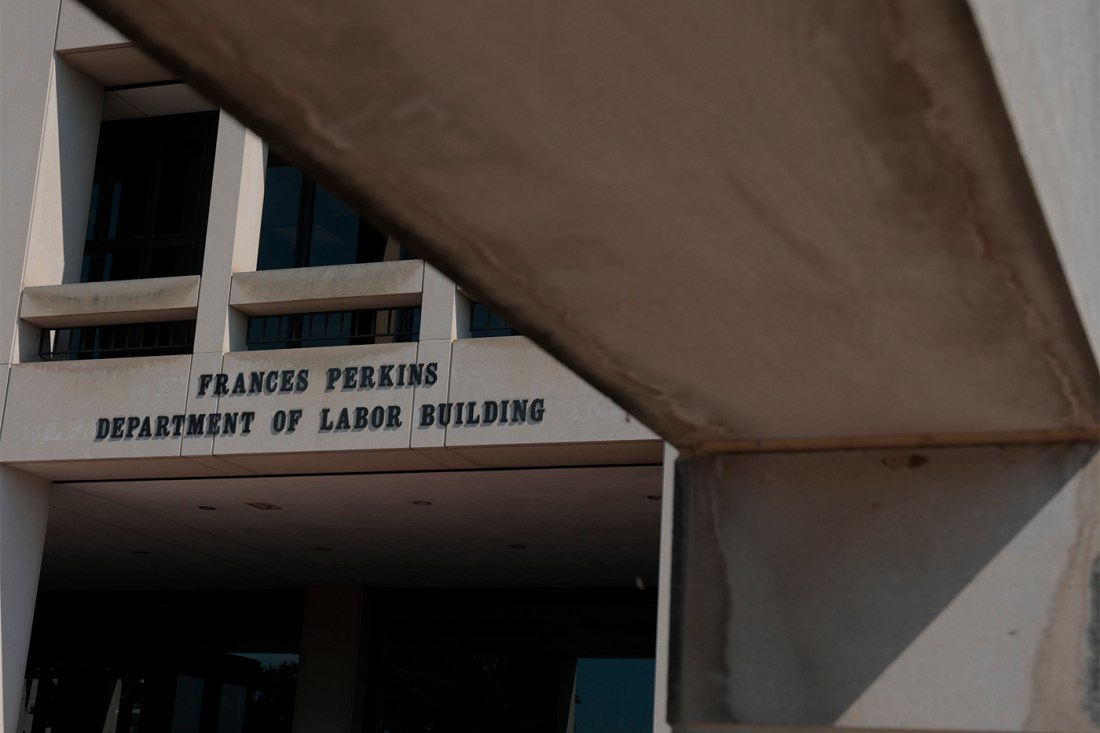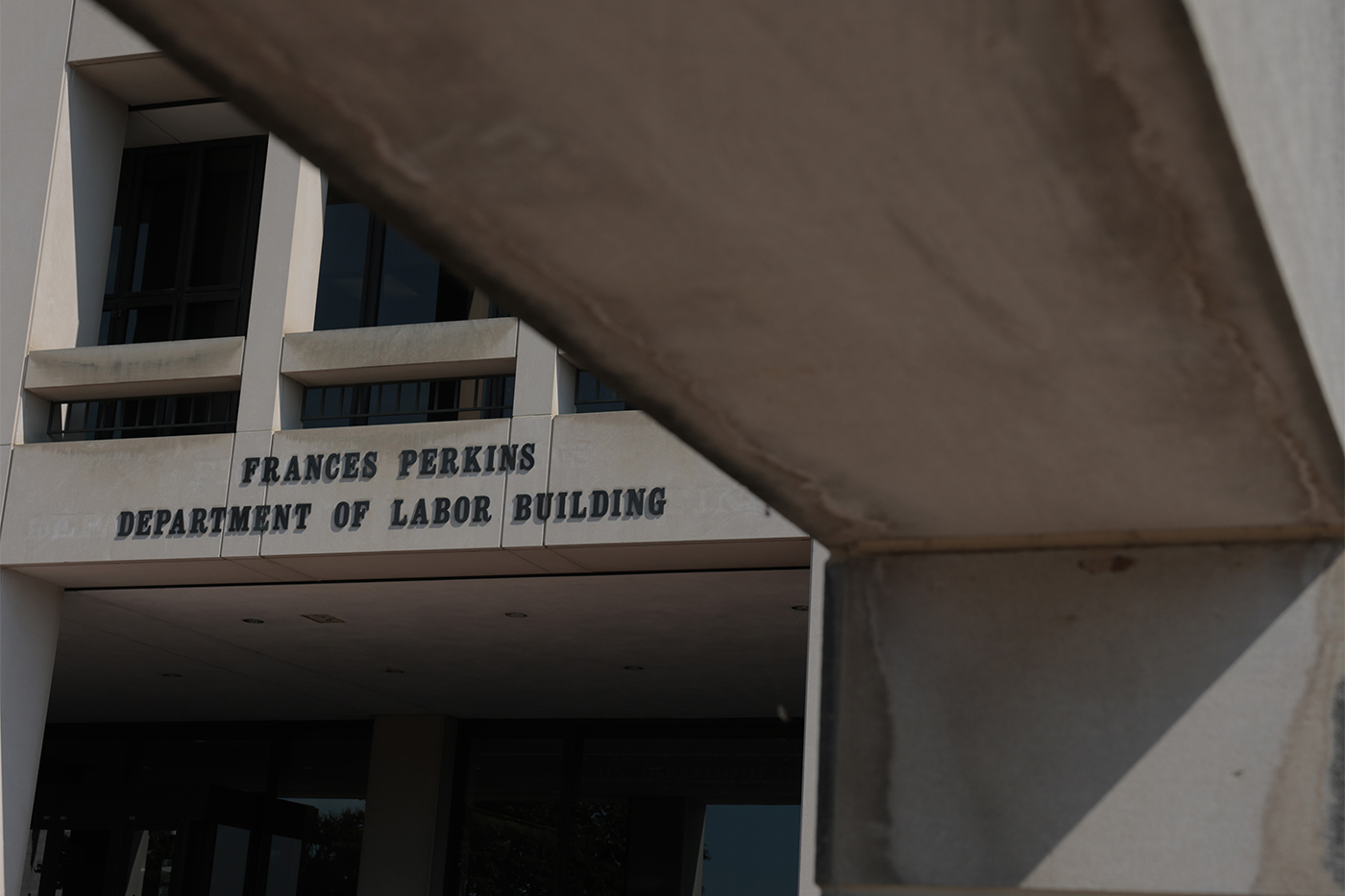
The firing of the head of the Bureau of Labor Statistics by President Donald Trump after a weak July jobs report could ultimately harm businesses and the economy, according to some Northeastern University economists.
The jobs report also raised enough economic concerns that markets tanked.
Northeastern University economists say the report and the ensuing reaction reveal a crisis in confidence.
“The data that the government has been producing is absolutely go-to information that helps businesses make the most important decisions about the future and how to invest today that they undertake,” says Gastón de los Reyes, associate teaching professor of international business and strategy at Northeastern University. “When the data is not reliable, we move from the paradigm of doing business in the gold standard economy for quality of data to the sorts of expectations businesses have in emerging markets.”
Northeastern professor Patricia Illingworth, who teaches business ethics and human rights, says that trust is paramount for businesses.
“For a business to succeed, people need to trust it,” says Illingworth, professor of business and ethics. When people feel that they’re being lied to or misinformed, they’ll stop trusting the particular business; and if they believe this about lots of businesses, they’ll stop trusting business, period.”
The BLS reported on Aug. 1 that 73,000 jobs were created in July and that May and June’s payroll numbers were originally overstated by more than 250,000 jobs. Trump wrote on social media that the head of the BLS would subsequently be fired.


“We need accurate Jobs Numbers,” Trump posted after the numbers were released. “Important numbers like this must be fair and accurate, they can’t be manipulated for political purposes.”
The markets ended with their worst day in months, but rebounded Monday.
De los Reyes calls the firing “distressing,” noting that he is not aware of any facts that suggest the data was “rigged,” as Trump claimed.
“Significant revisions are not unheard of and in fact they tend to happen when there is economic upheaval, as we’ve had with the uncertain tariff environment,” de los Reyes adds, noting that response rates to government job surveys had decreased from 60% to 40% post COVID.
De los Reyes says there would be negative effects if the administration tried to curate information released to the public.
“The concern is that the signal to the markets is now distorted: it’s distorted by a lack of confidence, and it’s distorted because the numbers may actually be distorted in strategic ways, as perceived by the administration,” de los Reyes says. “The message is you better produce information that I want to hear, and that is extremely problematic.”
That lack of trust generated by the firing could affect businesses, Illingworth says.
“Some businesses may sidestep the data altogether and will take other steps to protect their investors,” Illingworth says. “Some people may stop turning to businesses they no longer trust.”
De los Reyes says that this breakdown in trust may also have social impacts, as an end to equal access to critical data will favor the largest, most powerful companies — particularly those with access to a lot of user data like Meta, Google, Amazon and Walmart.
“This trend towards less reliable federal data could exacerbate the ‘winner take all’ quality of today’s economy in ways that heighten inequality,” de los Reyes says.
So what can be done?
Both Illingworth and de los Reyes suggest business leaders such as JPMorgan Chase CEO Jaime Dimon could speak up to reverse — or more likely “freeze,” as de los Reyes says, some of the deterioration in public data reliability.
But neither is optimistic, adding that a lack of trust in data could exacerbate concerns about tariffs and the sliding dollar.
“The prevailing response is going to be similar to the prevailing response to tariff uncertainty, which is being extremely cautious about hiring and investing because you have less clarity about the future,” de los Reyes says.
“I would save your money,” Illingworth says, laughing. “Don’t spend too much cause you’re going to need it.”
